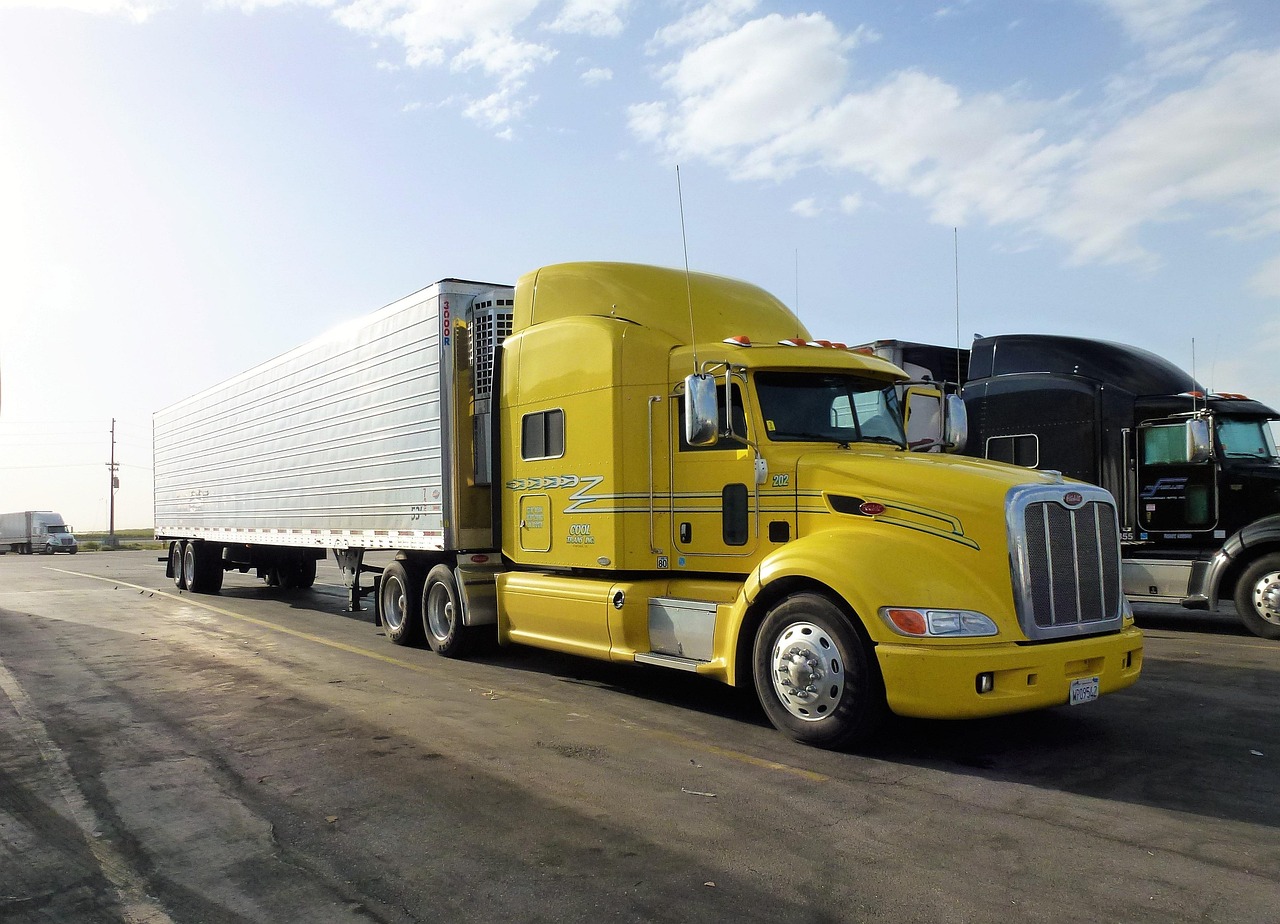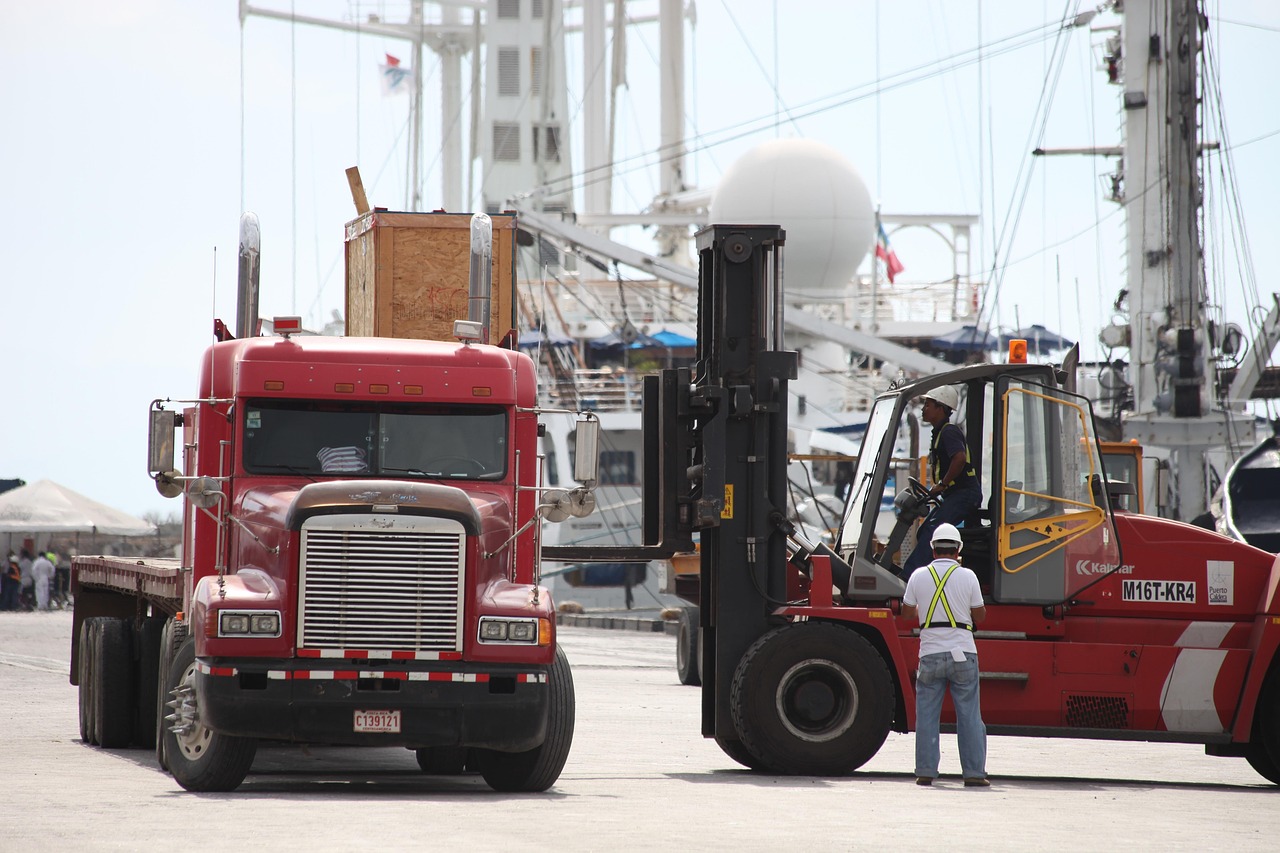The Heavy Goods Vehicle (HGV) industry offers far more career options than many people realise. Beyond the familiar image of long-distance lorry drivers, this sector encompasses diverse roles ranging from specialised transport operations to strategic logistics management. With ongoing driver shortages and increased demand for goods transportation, HGV careers present stable employment prospects across multiple specialisations.
Whether you’re considering a complete career change or seeking progression within the transport sector, understanding the various pathways available can help you make an informed decision about your professional future.
Different HGV Career Paths
Long-Haul Driving
Long-haul drivers transport goods across extensive distances, often spending several days away from home. These professionals typically cover routes spanning hundreds of miles, delivering everything from consumer goods to industrial equipment. The role requires strong time management skills and the ability to work independently for extended periods.
Many long-haul drivers appreciate the variety this work brings, as routes and destinations frequently change. The position often includes competitive pay rates, particularly for experienced drivers willing to take on challenging or time-sensitive deliveries.
Local and Regional Delivery
Local delivery drivers operate within smaller geographical areas, usually returning home each evening. This role suits individuals who prefer consistent schedules and regular interaction with customers. Regional drivers cover broader areas than local drivers but typically complete their routes within a single day or short overnight trip.
If you’re looking to start a career as a professional driver, searching for HGV training near me is the best way to find trusted local centres that offer expert instructors and flexible courses.
These positions often involve multiple stops per day, requiring excellent customer service skills and efficient route planning abilities. Many retail chains, parcel delivery companies, and food distributors employ drivers in these roles.
Specialised Transport Operations
Specialised transport involves moving goods that require particular handling, equipment, or expertise. This includes hazardous materials transportation, oversized load movement, refrigerated goods delivery, and livestock transport. Each specialisation demands additional training and certification beyond standard HGV qualifications.
Drivers in specialised transport often command higher wages due to the additional skills and responsibilities involved. The work can be highly varied, from transporting construction machinery to delivering temperature-sensitive pharmaceuticals.
Logistics and Management Roles
The HGV sector also offers numerous office-based positions focusing on planning, coordination, and management. Transport managers oversee fleet operations, plan routes, and manage driver schedules. Logistics coordinators work with clients to arrange shipments and solve transportation challenges.
These roles typically require strong analytical skills, knowledge of transport regulations, and experience with fleet management software. Many professionals transition into these positions after gaining experience as drivers, bringing valuable practical knowledge to their management responsibilities.
Skills and Qualifications
Entry into most HGV careers requires obtaining the appropriate driving licence category. Category C1 permits driving vehicles weighing 3,500 to 7,500 kg, while Category C covers vehicles over 7,500 kg. Category C+E allows drivers to operate articulated lorries with trailers.
The Driver Certificate of Professional Competence (CPC) is mandatory for professional HGV drivers. This qualification covers areas including safe driving practices, transport regulations, and vehicle maintenance awareness. Drivers must complete 35 hours of periodic training every five years to maintain their CPC.
Beyond formal qualifications, successful HGV professionals typically possess strong communication skills, reliability, and attention to detail. Physical fitness is important for drivers who frequently load and unload cargo. For management roles, additional qualifications in logistics, business management, or transport planning prove beneficial.
Start Your HGV Career Journey
HGV careers offer stability, competitive compensation, and diverse specialisation opportunities across a growing industry. From daily local deliveries to complex logistics management, professionals can find roles matching their preferences for travel, responsibility levels, and work-life balance.
The current driver shortage means employers actively seek qualified candidates, often providing training support and attractive benefit packages. For those considering this career path, now represents an excellent time to explore the available opportunities and begin the qualification process.
Research local training providers, investigate potential employers in your area, and consider which HGV career path aligns with your personal and professional goals. The transport industry’s continued growth makes it a solid foundation for long-term career development.

